The Seattle Times
By Walker Orenstein
Homebuilders in Washington say they are being inundated with letters claiming patent infringement for the simple process of using fans and dehumidifiers to dry out a home after it has been framed.
Radio stations are being threatened with lawsuits for how they store music on hard drives and then process it for broadcast.
Both groups testified in a legislative hearing this week that they are being subjected to patent trolls, companies that accuse other businesses of violating patent law in hopes of getting money. These “trolls” usually target small businesses that don’t have money for lengthy litigation. Rather than pay for court proceedings, the small businesses buy licenses or settle for hundreds or thousands of dollars.
“It’s that kind of legal threat that comes at small business that leaves them handcuffed, frustrated with what could be a legal exposure and what they’re going to do to try and run their business,” said Bill Stauffacher, a lobbyist for the Pacific Printing Industries Association during a House hearing on a bill aimed at curbing trolls.
A bill introduced by Sen. Joe Fain, R-Auburn, and Sen. David Frockt, D-Seattle, at the request of state Attorney General Bob Ferguson, would crack down on companies that hurl meritless threats. That bill, and companion legislation in the House, would set guidelines for the attorney general and courts to determine which business people are legitimately aiming to protect real patents versus those acting in “bad faith.” The bills would allow the attorney general to sue offenders under the Consumer Protection Act.
According to John Nelson, an attorney working for Ferguson, one large patent troll alone has recently sent letters demanding payment to more than 16,000 businesses in the U.S. and 313 in Washington. Mark Allen from the Washington State Association of Broadcasters said that in the 48 hours before his testimony, more than a dozen small radio stations had received angry letters. Some had taken angry, threatening phone calls.
“The patent company continues to hound the small local radio stations throughout the state,” Allen said at the hearing.
Similar legislation has been passed in 17 states in the last two years, according to the attorney general, and a patent-troll bill made it through the U.S. House of Representatives on a 325-91 vote before dying in the Senate.
One proponent of the federal bill, U.S. Sen. Patrick Leahy, D-Vermont, has said opposition came from universities, trial lawyers and the bio-pharmaceutical industry.
Intellectual Ventures, a large patent buyer based in Bellevue set up a political action committee (PAC) to lobby against the bill, but said it supported other patent-reform bills similar to the one proposed in Olympia. As of November 2014, the PAC sent $83,733 to various political candidates according to the Federal Election Commission.
“That was a very broad, comprehensive piece of reform,” said Kyle Mahoney who does government relations for Intellectual Ventures. “We have been supportive of legislation here in D.C. that’s aimed at stopping abusive demand letters.”
Some universities have also opposed similar legislation out of fear that guarding their own intellectual property would become more difficult. In the 2013 fiscal year, The University of Washington entered into more license agreements with its patents than any other university in the nation, according to its Center for Commercialization.
The Center for Commercialization, which helps monetize the inventions and products of UW researchers, said it supports the legislation in Olympia, and it wouldn’t hinder the ability to police patents.
“We’d never [send meritless demand letter],” said Jesse Kindra, director of Intellectual Property Management at the UW center. “Sending out letters is pretty serious and I think it’s the obligation of someone sending out the letter to do the due diligence and background research.
Fain differentiated his legislation from other patent-reform attempts in other states and nationally.
“Well it’s narrowly tailored to go after the worst of the worst,” Fain said. “It really is that element of deceptive actions that I think is what’s really prompting the large support.”

